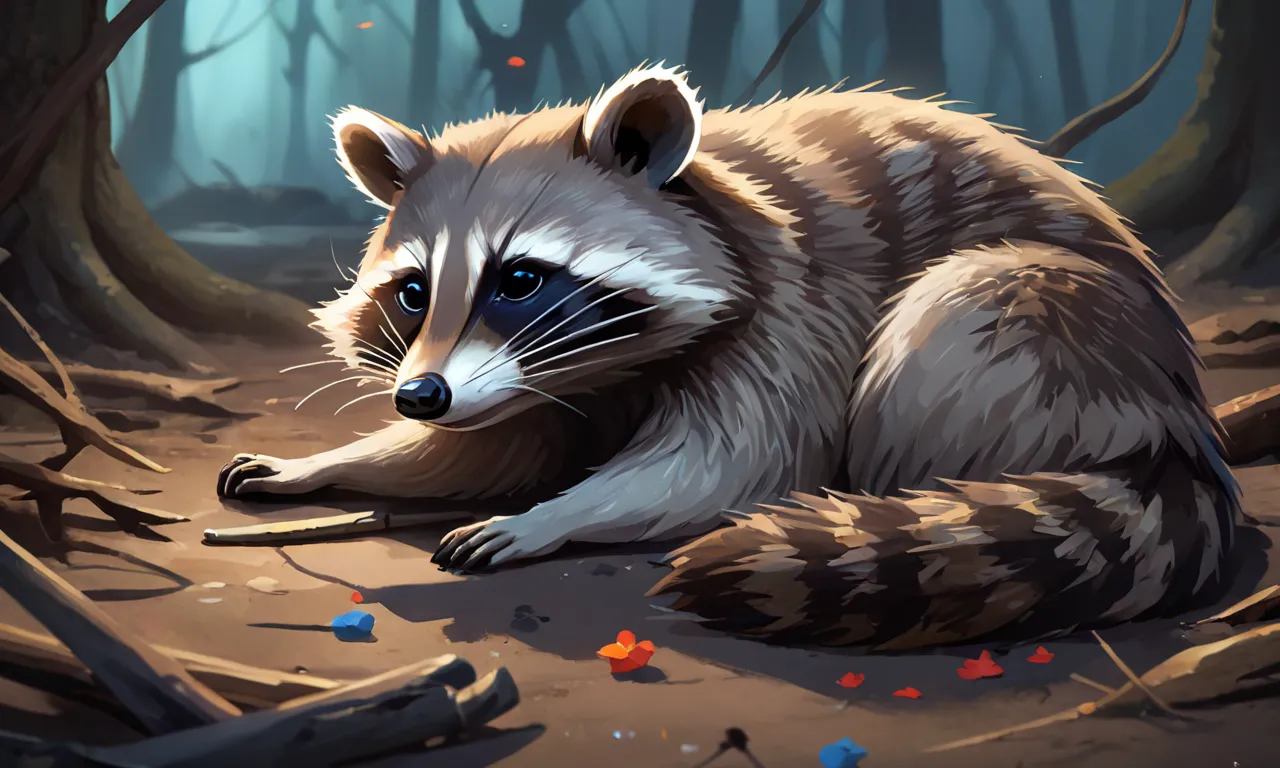Dead Raccoon Dream Meaning

Dreams are fascinating and complex manifestations of our subconscious mind. They can often reflect our deepest fears, desires, and unresolved emotions. One such dream that many people find intriguing is the dead raccoon dream. This dream features a deceased raccoon, which may seem odd or unsettling at first glance. However, it carries significant symbolism and meaning that can provide insight into various aspects of our lives.
In this article, we will explore the dead raccoon dream meaning in-depth, examining its possible interpretations, emotional ties, and spiritual significance. By understanding these elements, you may gain a better appreciation for your own dreams and use them as tools for self-discovery and personal growth.
The Symbolism of Raccoons
Before delving into the specifics of the dead raccoon dream meaning, it’s essential to understand the symbolism associated with raccoons in general. These nocturnal animals are often seen as clever and resourceful creatures capable of adapting to various environments. Their strong sense of curiosity and problem-solving abilities make them well-suited symbols for innovation and creativity.
In some cultures, raccoons are associated with transformation and change. They can represent the need to let go of old habits or beliefs and embrace new perspectives. This connection between raccoons and personal growth adds another layer of depth to the dead raccoon dream meaning.
The Significance of Death in Dreams
When interpreting dreams, it’s crucial to recognize that death does not always signify the end of something. Instead, it often represents a transition or transformation. In the context of the dead raccoon dream, the deceased animal serves as a metaphor for change and growth on both personal and spiritual levels.
The image of a dead raccoon may symbolize the need to confront and overcome challenges in your waking life. It could also indicate that you are going through a period of significant transformation or upheaval, where old patterns of behavior no longer serve you. Ultimately, this dream encourages you to embrace change and adapt to new situations with resilience and grace.
Emotional Ties to the Dead Raccoon Dream Meaning
The emotional ties associated with the dead raccoon dream can vary depending on your personal experiences and associations with raccoons. For some, encountering a deceased raccoon in their dream may evoke feelings of sadness or grief, particularly if they have experienced the loss of a pet or loved one recently.
Alternatively, the dead raccoon dream may tap into deeper emotional issues related to fear, anxiety, or guilt. The presence of a deceased animal could symbolize unresolved emotions that need addressing in order for you to move forward in your life. By exploring these feelings through dream analysis and self-reflection, you can begin to heal and make peace with the past.
Spiritual Significance of the Dead Raccoon Dream
From a spiritual perspective, the dead raccoon dream could represent the need for introspection and self-awareness. It serves as a reminder that we must pay attention to our thoughts, emotions, and actions if we want to grow spiritually. The presence of death in the dream signifies that it’s time to let go of any negative patterns or habits that may be holding you back from achieving your highest potential.
Additionally, the dead raccoon dream may symbolize the importance of living in harmony with nature and recognizing our interconnectedness with all living beings. By respecting and protecting the environment, we can contribute to creating a more balanced and sustainable world for future generations.
Conclusion
The dead raccoon dream meaning is multifaceted and complex, encompassing various aspects of personal growth, emotional healing, and spiritual awakening. By examining the symbolism associated with raccoons and death in dreams, as well as considering your own emotional ties to this imagery, you can gain valuable insight into your subconscious mind and use it as a tool for self-discovery and transformation.
Remember that dream analysis is just one part of understanding our inner selves. It’s essential to complement this practice with other forms of self-reflection, such as journaling, meditation, or therapy. By cultivating awareness and mindfulness in both our dreams and waking lives, we can foster personal growth and spiritual development on all levels.






